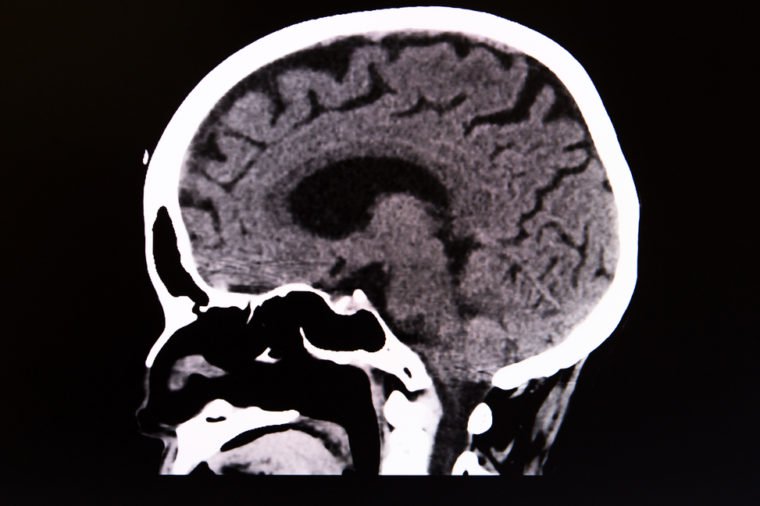Nature Knows and Psionic Success
God provides
50 Everyday Habits That Reduce Your Risk of Dementia

Everyday Wellness The dozens of choices you make over the course of any average day really can determine whether you’ll develop dementia years from now, as well as how quickly the disease will progress More and more research shows that lifestyle matters Karan Bunjean/Shutterstock A major report released by the Lancet International Commission on Dementia Prevention and Care in 2017 concluded that up to 35 percent of dementia cases can be delayed or even avoided altogether. “The main message is that there are modifiable risk factors that can reduce your risk,” says Maria C. Carrillo, PhD, the chief science officer for the Alzheimer’s Association . While you can’t change the genes you inherited, there are many probable risk factors that you do have some say over. Check out these 20 habits your 80-year-old brain will thank you for . Keep learning throughout your life Thinglass/Shutterstock Researchers say that when they look at brains during autopsies, they often see signs of damage (either plaque associated with Alzheimer’s disease or trouble with blood supply) even when the patient did not suffer from dementia. Because of that, they theorize that these people have “cognitive reserve”—meaning their brains have enough extra capacity to stay sharp despite physical damage. The Lancet Commission report emphasizes the association between lack of formal schooling and dementia, which suggests that what happens to us early in life can build this reserve: People with higher socioeconomic status during early childhood are less likely to develop dementia, and people who go to school at least through the secondary level are also better off. “This points to the fact that brain health and, really, overall health is a lifelong commitment—it’s even something we should be thinking about with prenatal care,” Carrillo says. But, she adds, that doesn’t mean you can’t continue […]
Click here to view full article
